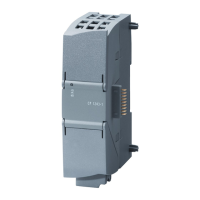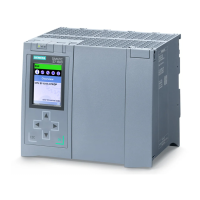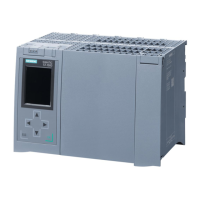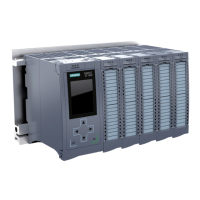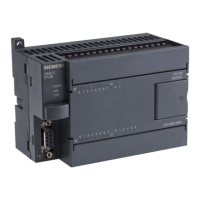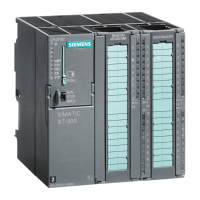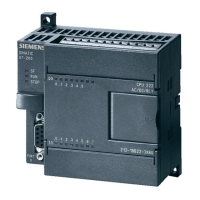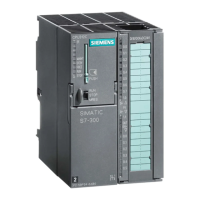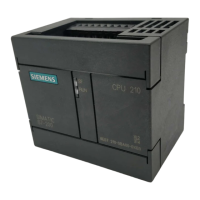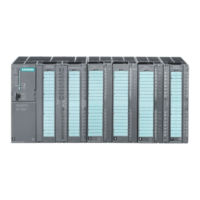Communication
11.2 PROFINET
S7-1200 Programmable controller
880 System Manual, V4.2, 09/2016, A5E02486680-AK
T_DIAG (Checks the status of connection and reads information) instruction
The "T_DIAG" instruction checks the status of a connection and reads further information on
the local end point of this connection:
Table 11- 35 T_DIAG instruction
req:=_bool_in_,
id:=_word_in_,
done=>_bool_out_,
error=>_bool_out_,
sta-
tus=>_dword_out_);
Use the T_DIAG instruction to check the status of a
connection and read further information on the
local end point of this connection.
The "T_DIAG" instruction operates as follows:
● The connection is referenced by the ID parameter. You can read both connection end
points configured in the connection editor and programmed connection end points (e.g.
with the "TCON" instruction).
Temporary connection end points (for example end points created when you connect to
an engineering station) cannot be diagnosed, as no connection ID is generated in this
process.
● The connection information read is stored in a structure referenced by the RESULT
parameter.
● The output parameter STATUS indicates whether it was possible to read the connection
information. The connection information in the structure at the RESULT parameter is only
valid if the "T_DIAG" instruction has been completed with STATUS = W#16#0000 and
ERROR = FALSE.
Connection information cannot be evaluated if an error occurs.
Possible connection information
The "TDiag_Status" structure can be used to read the connection information at the RESULT
parameter. The TDiag_Status structure only contains the most important information about a
connection end point (for example, the protocol used, the connection status, and the number
of data bytes sent or received).
The structure and parameters of the TDiag_Status structure are described below (see the
"TDIAG_Status structure" table).
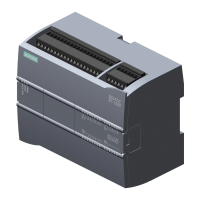
